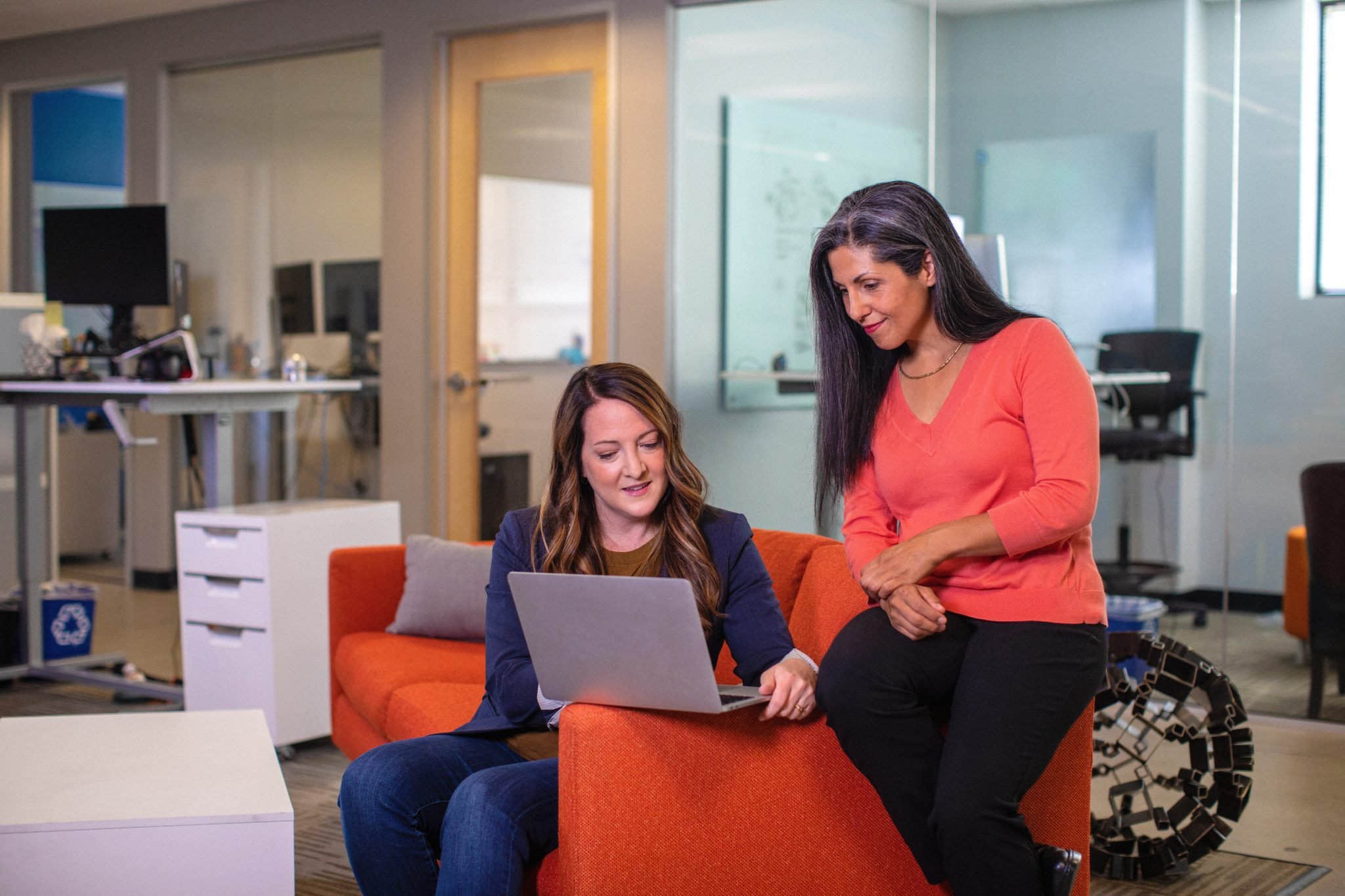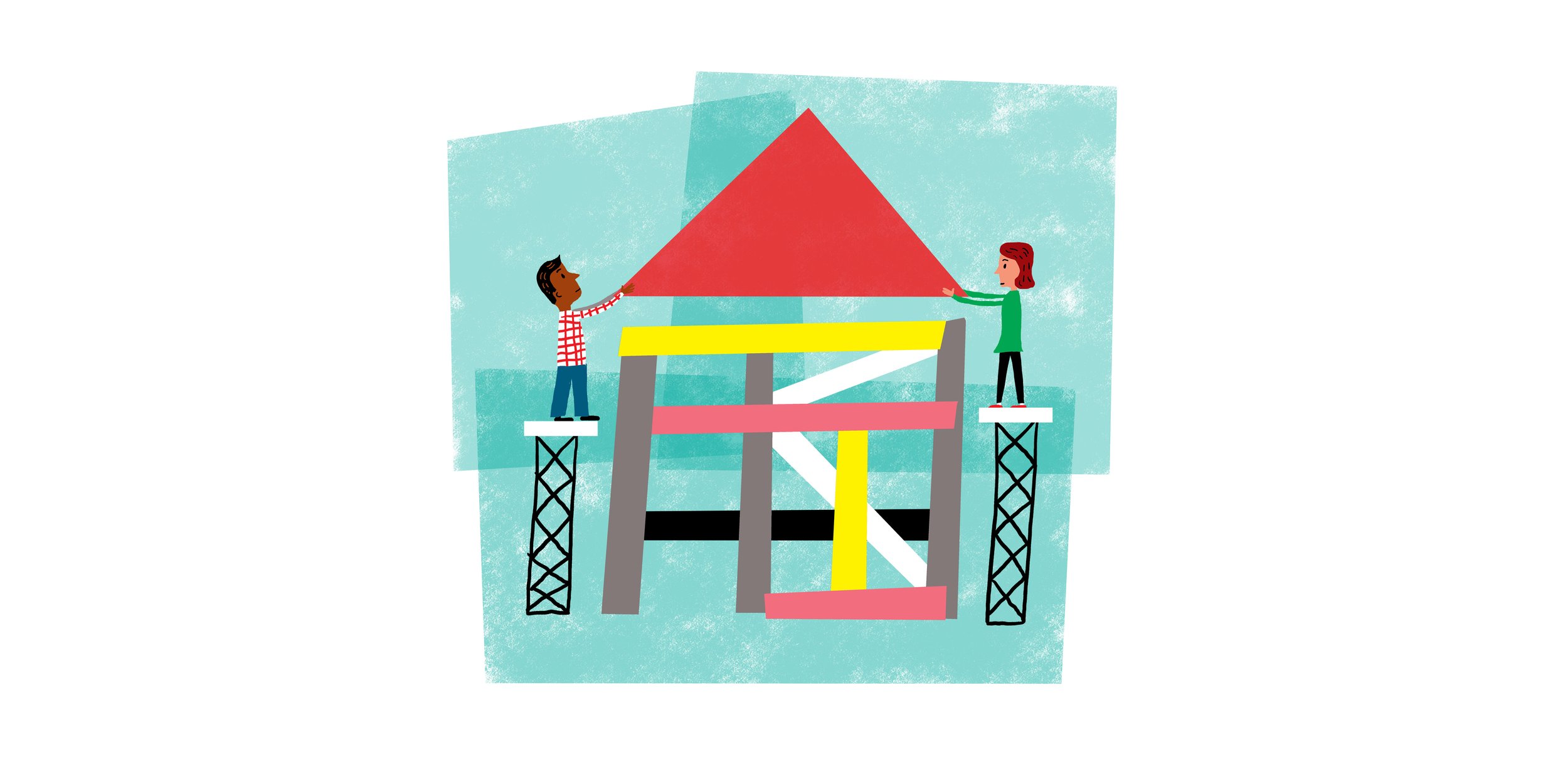Why mentorship matters
By Ellie Milano, 2020 MAP Fellow
On a recent research project for a client, I found myself having conversations with emerging leaders working in the field of conservation. The research aimed to understand those leaders’ experiences and identify the critical factors that have been most helpful for them in getting and keeping jobs. My findings were pretty straightforward: people.
People were among the top resources in career development, especially early on. Why? Because mentorship matters.
Having one or more great mentors in your life early on, really at any stage in your career, can be beneficial for so many reasons. A great mentor can support, motivate, and inspire, as well as open doors and help you build your network even further. I’ve been lucky to have some great mentors throughout my career, all of whom have guided, influenced, or shaped my professional career.
But what does it mean to be a “great mentor”? What is it that “great mentors” do that helps emerging professionals glean so much value from their mentorship? And how can you make the most of mentoring opportunities and create mutually beneficial and impactful relationships?
In my most recent experiences with the Morgridge Acceleration Program (MAP) Fellowship – a program that deeply understands the value of mentorship – I had the rare opportunity to access multiple mentors and types of mentorship. From working with seasoned executives eager to play a mentoring role to brainstorming with peers at a similar stage in their career, the experience helped me understand and maximize the importance of mentorship.
Here are some of my biggest takeaways.
A great mentor helps you get out of your own way and reach your potential.
Imposter syndrome is real and plagues so many people, especially emerging professionals trying to build their careers. A mentor who has already been where you are, who has overcome similar experiences, and whose career you admire can make all the difference in debunking that question of “Do I actually belong here?” A role model who can advise you and provide guidance, be a safe sounding board for your ideas, and encourage you in the right direction, can often be exactly what’s needed to build your own agency, self-confidence and empowerment.
Sharing expertise, resources, and connections can break down barriers to access.
One of the most valuable things a great mentor can provide is access to resources, knowledge, experience, and networks. Someone with a good deal of expertise in their field can help you understand the latest news, research or tools related to your work. Beyond that, a mentor understands the pitfalls and challenges inherent in your field, and the barriers to access that exist for so many early career professionals, and can help you to get over them. They might have recommendations on hard or soft skills training, experts to follow or literature to brush up on, blogs to read or listservs to follow. This can and should be reciprocal; the best mentoring relationship is a two way street where both people in the relationship support and learn from each other.
Connecting with a great mentor can lead you to other great people, creating a ripple effect of access to knowledge and resources.
Great mentorship is like that children’s book If You Give a Mouse a Cookie; each new idea, connection, and introduction can lead to another meaningful professional steppingstone. Having someone who is willing to bring you into their network creates a compounding effect, so that you can begin to weave your own professional network and further amplify your ability to access knowledge, tools and resources. During my MAP Fellowship, this ripple effect of networking led to me joining the board of Global Conservation Corps, a role I continue to enjoy and learn from today.
Mentorship in the form of peer support can do all of the above and more.
Peer to peer mentorship is often overlooked in favor of finding mentors who have more experience and are further along in their careers. But peers are often the best place to look for knowledge sharing, connections, and guidance, because they’re tackling the same challenges you are. They might have even fresher takes on the best places to find great resources on a topic, ideas about experts to follow, or stories to share that you could learn from. They might have met someone through their own network who would be a great connection for you. They might have discovered the answer to that question you’ve been asking. And, peers make the best sounding boards for shared learning experiences- together, you can test out your ideas, brainstorm solutions to gnarly problems, and build each other up.
Perhaps you’re saying: “OK, that all sounds great, but how do I maximize my mentorship experiences to ensure all that value is realized?”
Great question. Now that we know how influential mentorship can be, you might be wondering how to make the most of the experience once you’ve got a great mentor. Or, perhaps you’re a mentor and wondering, “what can I do to ensure all of those benefits are front and center in my mentoring?”
Here are some tips for both mentors and mentees on how to make the most of mentorship experiences.
Create common ground.
It may sound obviously simple, but people connect best with people when they have things in common. Take a few minutes to build some common ground by considering your shared interests with the mentor you’re meeting with. Maybe those things are related to your shared professional interests, a researcher or influencer you both like, or a shared love of well-organized spreadsheets. Or maybe you’re both cat people, or share a love for Harry Potter. Whatever those shared interests are, do yourself and your mentor a favor by finding them, and using them as a foundation.
Ask questions that genuinely engage your curiosity.
Don’t ask the questions you think you should be asking. Ask the questions that you’re truly and genuinely curious to learn more about. Questions based on curiosity are much more likely to lead you both to interesting and exciting places, because they’re rooted in things you actually care and are passionate about.
Be an active participant in network “weaving”.
Remember that mentorship is a two-way relationship: both parties have something valuable to give when it comes not only to knowledge and ideas, but connections too. Read a great article that your mentor will enjoy? Pass it along. Meet someone at a conference who did their PhD on your mentor’s favorite species of bird? Connect them. By becoming an active participant in weaving networks, you become a critical hub within that growing network- you’re helping others, and you’re building mentorship skills at the same time.
Mentorship is important. Meaningful mentorship that creates value is imperative. Make the most of your mentoring experience—you never know where it will lead!



